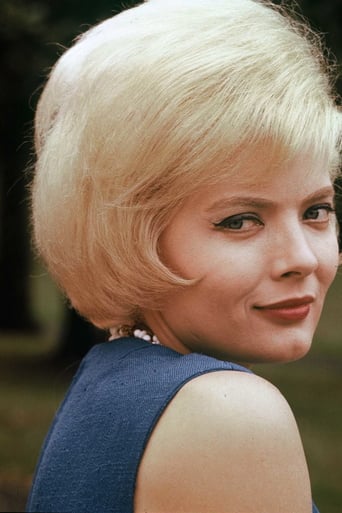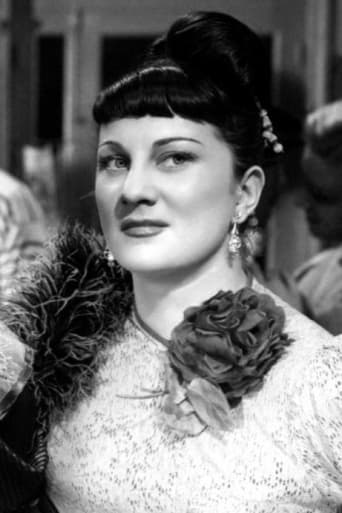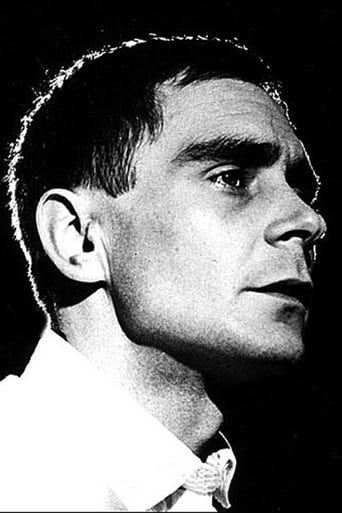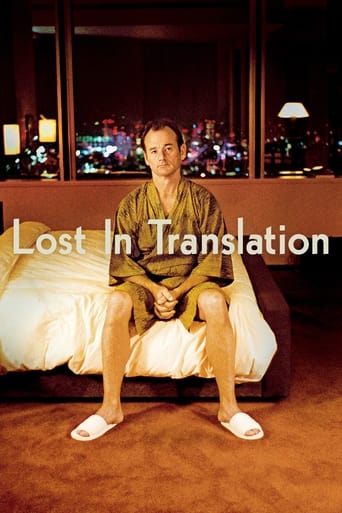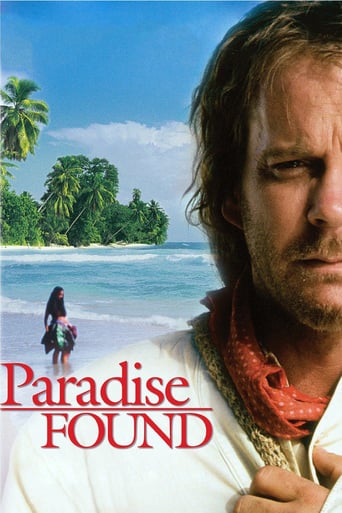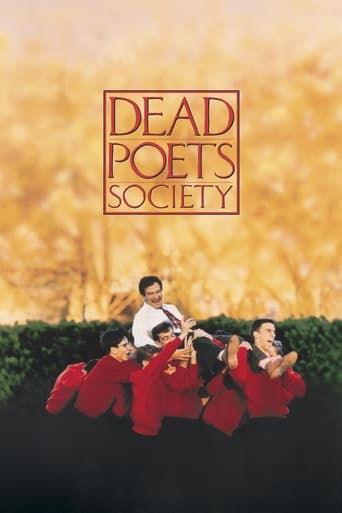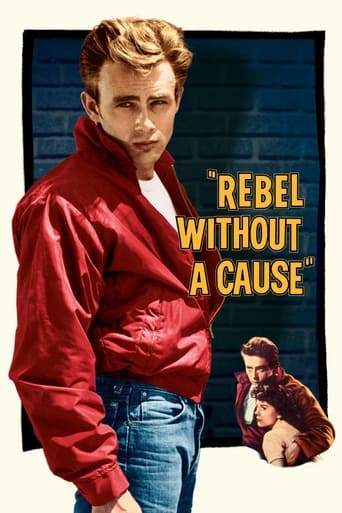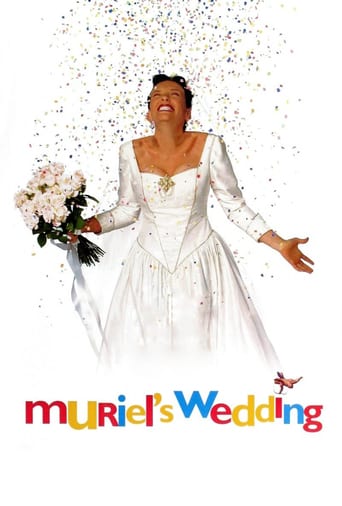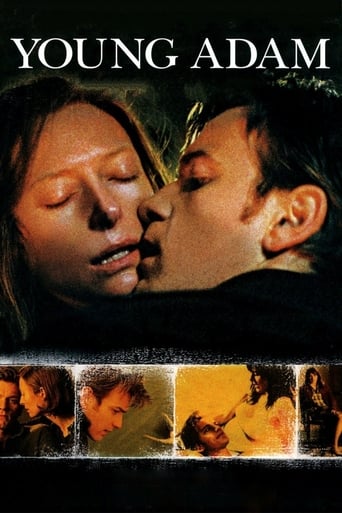
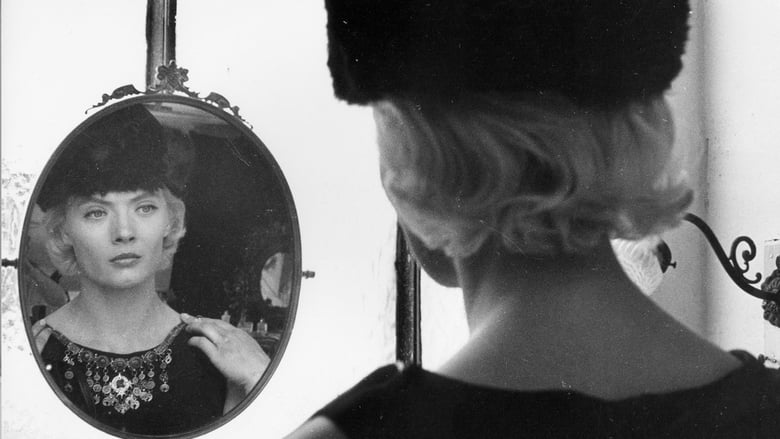
Cléo from 5 to 7 (2018)
Agnès Varda eloquently captures Paris in the sixties with this real-time portrait of a singer set adrift in the city as she awaits test results of a biopsy. A chronicle of the minutes of one woman’s life, Cléo from 5 to 7 is a spirited mix of vivid vérité and melodrama, featuring a score by Michel Legrand and cameos by Jean-Luc Godard and Anna Karina.
Watch Trailer
Cast
Similar titles


Reviews
Very disappointing...
Save your money for something good and enjoyable
Absolutely Fantastic
It is neither dumb nor smart enough to be fun, and spends way too much time with its boring human characters.
A beautiful blonde walks down the street. Everyone stares. As Cléo walks through the busy streets of Paris, everyone goes about their day but not without admiring her gorgeous appearance. Her appearance, is so attractive that everyone, even women stare, or is it that the public stares for another reason? Cléo's beauty unmatched through the film suggests a theme of vanity and superficial obsession in which the main character chooses to hide behind, she states "Ugliness is a kind of death... As long as I'm beautiful, I'm alive more than others."Cléo from 5 to 7 was directed and written by Agnès Varda, one of the few women writer and directors of her time. The main actors include a famous singer named Cléo, her guardian or maid Angela and there is a brief appearance of the following characters; Antoine, Dorothée, Bob and her lover. The film was released in April, 1962 and has an average rating of 7.9 out of 10 stars which exemplifies a decent film. The film is based on the Cléo's painful two hour wait for the result of a biopsy that will determine whether she has cancer or not. Although clearly in turmoil, Cléo proves to be quite the selfish and vain character. Treating her maid Angela with little to no respect and expecting everyone around her to love her and shower her with attention. Ironically, when she walks the streets, she seems to feel uncomfortable from everyone starting at her and giving her attention. The two hours of waiting time prove agonizing for her as the thought of having a terminal illness crushes her spirits of a healthy and beautiful life. As she walks the streets she is dressed in black as if already mourning her own death. According to Cléo, "your beauty is your health." Yet the character changes through the progression of the film as she later realizes that there is also "beauty in imperfections." One of my favorite parts of the movie is when Cléo is swinging in her apartment as pair of wings hang on her wall and align perfectly when she is at the highest point of her swing and Angela rocks in her char. This scene proves the child like characteristics of Cléo and the motherly traits that are shown by Angela. The swinging and the rocking set up a perfect paradox between the life of a young lady and the life of an older woman. The music was also beautiful. The song performed in her apartment was a very emotional love song. It seemed like a perfect song for her situation. I recommend this movie, especially to fans of musicals. This movie is geared towards adults since it contains many themes that are not clearly pointed out in the film. I liked the movie because of its theme of the fear of death, which is something that most of us can relate to. I also enjoyed the movie because of the way that it was shot. Some of the scenes make you feel the anxiety that Cléo must have felt throughout the two hours.
Here is the story of a beautiful French singer in the unenviable position of needing to wait two hours until learning the results of a dire medical test.I was reminded of the classic short story "The Lady or the Tiger" as I spent the time with her, wondering whether she would live or have to face her demise.This film is refreshingly improvisational as we wend our way through Paris as Cleo (Corinne Marchand) visits a tarot-card reader, a café, her own apartment in which she rehearses a song with a pianist played by "Parapluies de Cherbourg" composer Michel Legrand, an art studio where her friend poses nude, and, finally, a park in which she converses with a soldier on leave from Algeria (Antoine Bourseiller).Marchand is gorgeous here, wearing everything well, from her sexy dress or housecoat to her wig or triangular fur hat. The camera adores her. Rich and gifted, she is also impoverished because her lover (a suave Jose Luis de Vilallonga) speaks lovingly yet will not truly give of himself. And, of course, she is potentially facing a very premature death.Cleo demonstrates bravery as she passes the time, occasionally navel-gazing, growing maudlin, and even boring us a little. (Who among us wouldn't do the same in a similar situation?) Cleo's repartee with Antoine as the film draws to its close is endearing and compelling. One even wishes that the drama could have started with the pair, but that would have been a different film.Truman Capote is credited here with writing the dialog, and I wonder whether he did so in the original French. If so, I'm impressed.In all, this was a powerful experience.
Another film for me taken from the pages of the book 1001 Movies You Must See Before You Die I was intrigued by what the title of this French film would refer to, and it turned out to be an interesting concept, from director Agnés Varda. Basically French pop singer Cleo (Corinne Marchand) is worried that she may be suffering a life threatening virus or cancer, so she awaits the results of her medical tests from the doctor. From five o'clock she has two hours to wait until she knows her state of health by about seven o'clock, and all she can do in this time is hang around with several friends she does not normally hang with as well as strangers while contemplating what will happen. Almost nothing happens in these two hours while Cleo thinks over her possible fate, and she is questioning whether or not there is any reason to continue with any life at all, and she feels really isolated and alone despite being with the certain people. She does eventually find some support and good sincere conversation with a stranger in the park, a former soldier in the Algerian War named Antoine (Antoine Bourseiller), and he is happy to come with her to the hospital. The end sees Cleo get the results as the doctor passes her in the car, she is told she does have a problem, but with therapy that will start immediately the next day they will be able to help her and she will most likely be able to pass it. Also starring Dorothée Blanck as Dorothée, Michel Legrand as Bob the Pianist, Dominique Davray as Angèle and José Luis De Vilallonga as The Lover. The film should obviously be two hours because of the title, it is only an hour and a half, but that doesn't matter, Marchand gives a good emotional performance and with a little bit of singing as well, it is a film that comprises of almost nothing happening, but actually that gives it a realistic approach bearing the situation, an interesting enough drama. Very good!
Cléo de 5 à 7 is a French film made in 1962 directed by Agnès Varda. The story starts with a young singer, Florence "Cléo" Victoire, at 5PM June 21, as she waits until 7PM appointment. The lead in the film is Corinne Marchand who plays Florence 'Cléo Victoire' who is a pop singer wandering around Paris while she awaits her medical test results. Cléo readies herself to meet with her doctor at 7 o'clock by buying hats, travelling around the city, singing with her producers and seeing her lover and meeting with several other friends and strangers while trying to grapple with mortality. She is frequently upset throughout the movie from the lack of perceived care about her impeding visit and her frustration is lashed out to all those who speak with her. This is especially true for her accompanied assistant/friend Angèle played by Dominique Davray during most of the movie. Interesting enough the vast majority of the movie is black and white with only the 1st scene in the movie in color. In this scene Florence is having her future told to her from Tarot reading in the reading she is told lied to by the fortune teller who wishes to spare her the bad news of her death, from then on the movie is black/white. Throughout the film the usage of mirrors is very prevalent; they symbolize the self-obsession Cléo has for her looks.The film is confronts several of the themes such as existentialism, including discussions of mortality, the idea of despair, and leading a meaningful life. Cléo feels that she has not lived a meaningful life and the frustration with that turns into despair when facing her own mortality. The film has a strong feminine viewpoint and raises questions about how women are perceived in Western society.
